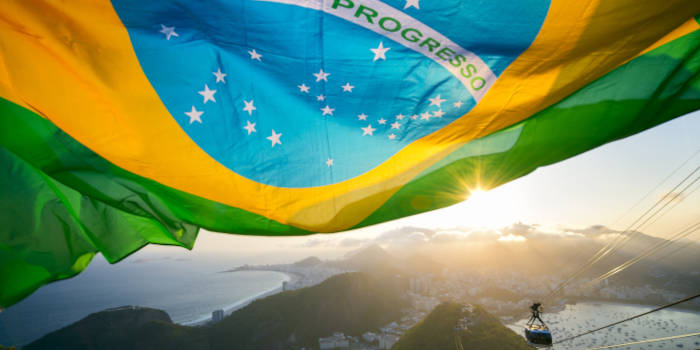The Ministry of Finance in Brazil has issued a comprehensive list of prerequisites that sportsbook operators need to meet if they aim to penetrate the regulated market space, which is expected to be established soon. Timely interests in the space should be expressed, ideally within a 30-day window to streamline the process. The newly introduced regulatory structure has reached the Senate for further inspection following an earlier sanction from the lower house this year.
Enhanced Protections Come into Play for Gamblers
Outlined in Ordinance No. 1,330 by the Ministry of Finance, the broad guidelines for sportsbook operators highlight several key areas including but not limited to responsible gaming, transaction methods and marketing norms. To legally operate within the country, firms must secure a special license, priced at BRL30 million ($6 million), which remains valid for a three-year period.
In an important caveat, the granting of concessions to corporations whose shareholder roster, board of directors, or key business individuals include athletes, sports officials, or directors of national sports teams is forbidden. This measure is aimed at avoiding conflicts of interest, a pertinent concern since the recent football betting scandal that had repercussions in the Brazilian sports community.
In line with responsible gaming practices, operators are obligated to limit platform access for those below the age of 18. Additionally, they need to integrate secure gaming tools like daily playing limits, loss limits, self-exclusion mechanisms, and cooling-off intervals. These steps have been taken to preserve the rights of Brazilian consumers, cut down addiction levels, and foster safe gaming habits.
Financial Component of the Bill Stirs Controversy
The provision hands down strict regulations on advertising, particularly in the vicinity of educational institutions. Promotions in these places cannot imply direct correlation between wagering and prosperity or improved fiscal circumstances. Betting providers are restricted from facilitating gameplay through third-party transaction methods. All promotional efforts have to pivot around societal responsibility and consciousness, emphasizing on the core message: “Play Responsibly.”
Notwithstanding significant advancements in user safety, the newly minted legislation is encountering intense backlash for its proposed alterations to the tax code. The Brazilian Institute of Responsible Gaming criticised the planned tax hike to 18%, warning it may obstruct the emerging sports betting industry in Brazil, thus stifling its expansion and competitive edge against gray market operations. The proposed tax implication could inflict significant damage on the regulated industry by curtailing necessary investments.
In light of the fact that the provision is an official decree, the regulations take effect instantly, leaving minimal space for additional consultations. As a whole, Ordinance No. 1,330 symbolizes a monumental stride towards streamlining Brazil’s gambling sector. Nevertheless, the nation must prove its capability and intent to enforce these fresh laws, ensuring lawbreakers and unauthorized operators are dealt with swiftly and sternly.







